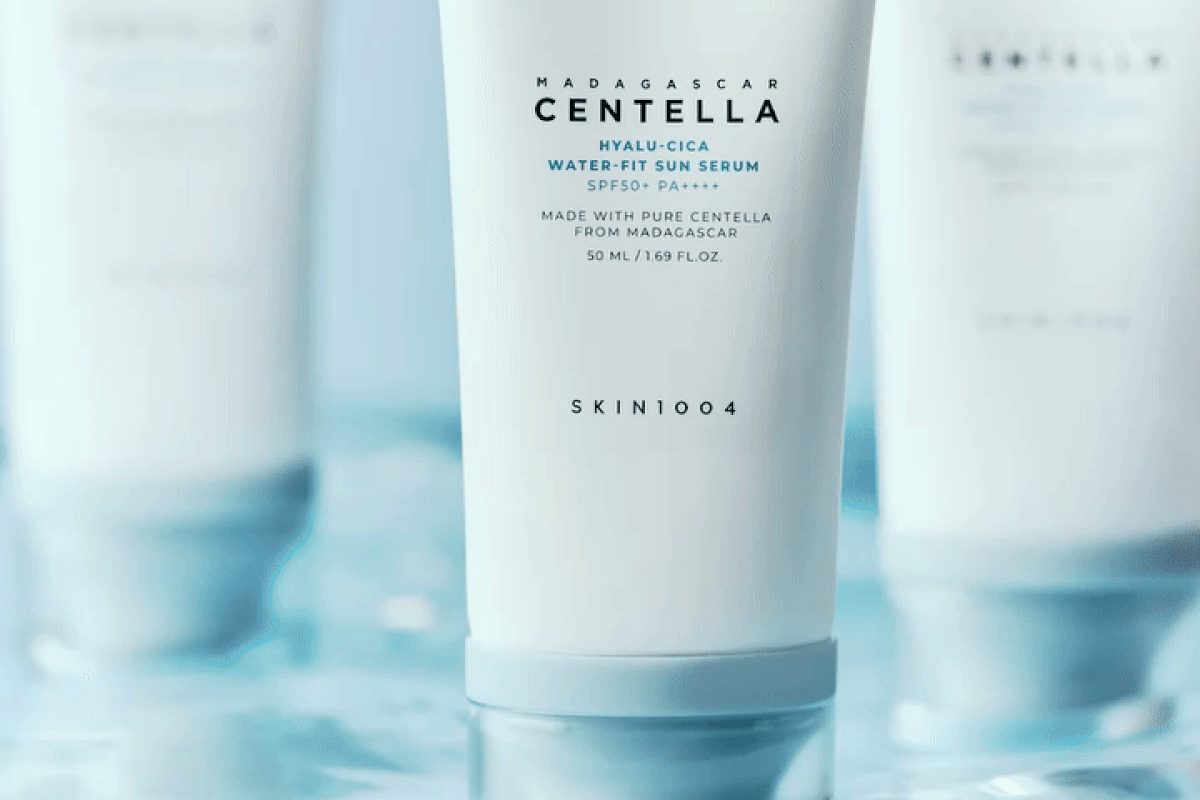No worries if you left holiday luggage preparation for the last minute. It might sound challenging to make a fast plan shortly before you go on a beach day, but you will be amazed at how quickly you can prep yourself with the right guidance and products. Rest assured. We’ll give you some pieces of great advice on how to have your skin ready for a full beach day as fast as possible.
How to prep your skin for the beach
Here’s how you prep your skin before, during, and after a beach day.
Have your skin exfoliated and moisturized
Supposing you want a velvety and radiant look in the sunlight, scrubbing your body two days prior helps—you’ll love Collistar’s firming scrub for that, we promise. It’s essential to have your skin exfoliated and hydrated before going to the beach. If you want an even tan that will resist as long as possible, slough off dead cells and moisturize it well every time after showering. However, it’s important to exfoliate at least two days before you go to the beach to avoid damaging your skin.
Use a vitamin C in the morning
Sun damage increases the number of free radicals in your skin, which are unstable molecules that cause tissue damage and lead to photoaging. To reduce the impact of free radicals, use a vitamin C serum in the morning, just before you go to the beach. As a potent antioxidant, vitamin C scavenges free radicals and shields the skin against environmental aggressors, so it’s a must to use it before going out.
Wax at least 24 hours before the beach day
Didn’t you have time to go waxing? Please, don’t ruin your beach day for so little that you can do it by yourself. Pick the fast way and use a razor blade specially made for women. It’s important to shave at least 24 hours before the beach day; otherwise, the skin will be more susceptible to sun damage, which is something you’d want to avoid at all costs.
Get rid of cellulite
Before going to the beach, ensure you master the anticellulite self-massage technique. Because it’s a non-invasive procedure, it is safe, and you can quickly learn to do it at home. This technique reduces puffiness and helps improve the overall texture and contour the skin.
Another non-invasive method is the use of anti-cellulite creams. These creams typically contain ingredients such as caffeine, retinol, and antioxidants that are believed to help tighten and firm the skin, increase circulation, and reduce the appearance of cellulite. You can read more on effective cellulite cream treatment solutions in this article.
What to apply on the beach
You can forget anything at home, but not your protective products! Indeed, not all products that are advertised to protect against sunbeams really do it. Have a peep here to learn everything about sunscreen.
Anyway, here’s what we chose to wear this summer: La Roche-Posay Anthelios Mineral with SPF 50. No matter how badly you want to have your skin tanned, keep it protected, and avoid staying on the beach between 12 PM – 4 PM. We know you don’t want a sunburn, who does? Not only it looks bad, but it hurts like hell. Also, remember that you need sun protection on an overcast day too. Even when the sun isn’t shining, up to 80% of UV rays can penetrate clouds.
Another trick for not burning your skin at the beach is to expose it to the sun gradually. To tan your skin precisely as you want, no matter if your skin is fair or dark, remember these tanning rules recommended by our team.
Don’t neglect your hair
Your hair needs special attention when exposed to the sun and after as well. If the hair isn’t protected, the sun has enough power to shift the hair color and change its texture, drying it out. “On brunettes, the sun can bring unwanted warmth to the hair. On blondes, the sun can make the color fade faster and create serious dryness,” explains Frédéric Fekkai, French celebrity hairstylist. So buy yourself a wide-brimmed hat that not only protects your hair and face against the sun, but it looks damn chic.
What to do after
After you’ve spent a whole day soaking up the sun, take a few extra steps to care for your skin. First things first, hop in the shower and rinse off all that salt and sand that might have clung to your skin. Then, apply a moisturizer to give your skin a much-needed hydration boost. If you happen to get sunburned, avoid further sun exposure and soothe your skin with aloe vera or a cool compress. At night, stick to your usual skincare routine but avoid using any harsh treatments or exfoliants until your skin has fully recovered. Instead, reach for a night cream with ceramides that can help your skin rebuild its lipid barrier faster.
Dos and don’ts
- DO use a vitamin C serum in the morning, just before you go out, to boost the skin’s defense against free radicals and sun damage.
- DON’T use exfoliants and retinoids for at least three days before beach days. Both are known to increase skin sensitivity to UV damage, so it’s best to avoid them if you’re planning to spend a lot of time in the sun.
- DO use SPF 50 sunscreen diligently all over your face and body, and don’t neglect the hands, feet, ears, beach, and chest. Reapply the sunscreen every hour, especially after you go swimming.
- DO drink plenty of water throughout the day.
- DO apply a rich moisturizer filled with reparative ingredients to support skin recovery after a beach day. We recommend these repairing moisturizers.
- DON’T scratch or pick at sunburned skin, as this can delay healing.
- DO wear a hat and sunglasses to protect your face and eyes.
The takeaway
You don’t need a lot of preparation to go to the beach. As long as you focus on the essential steps and stick to high sun protection, nothing can ruin your holiday. However, remember that it’s more important to stay safe than speed up such things as tanning your body.





